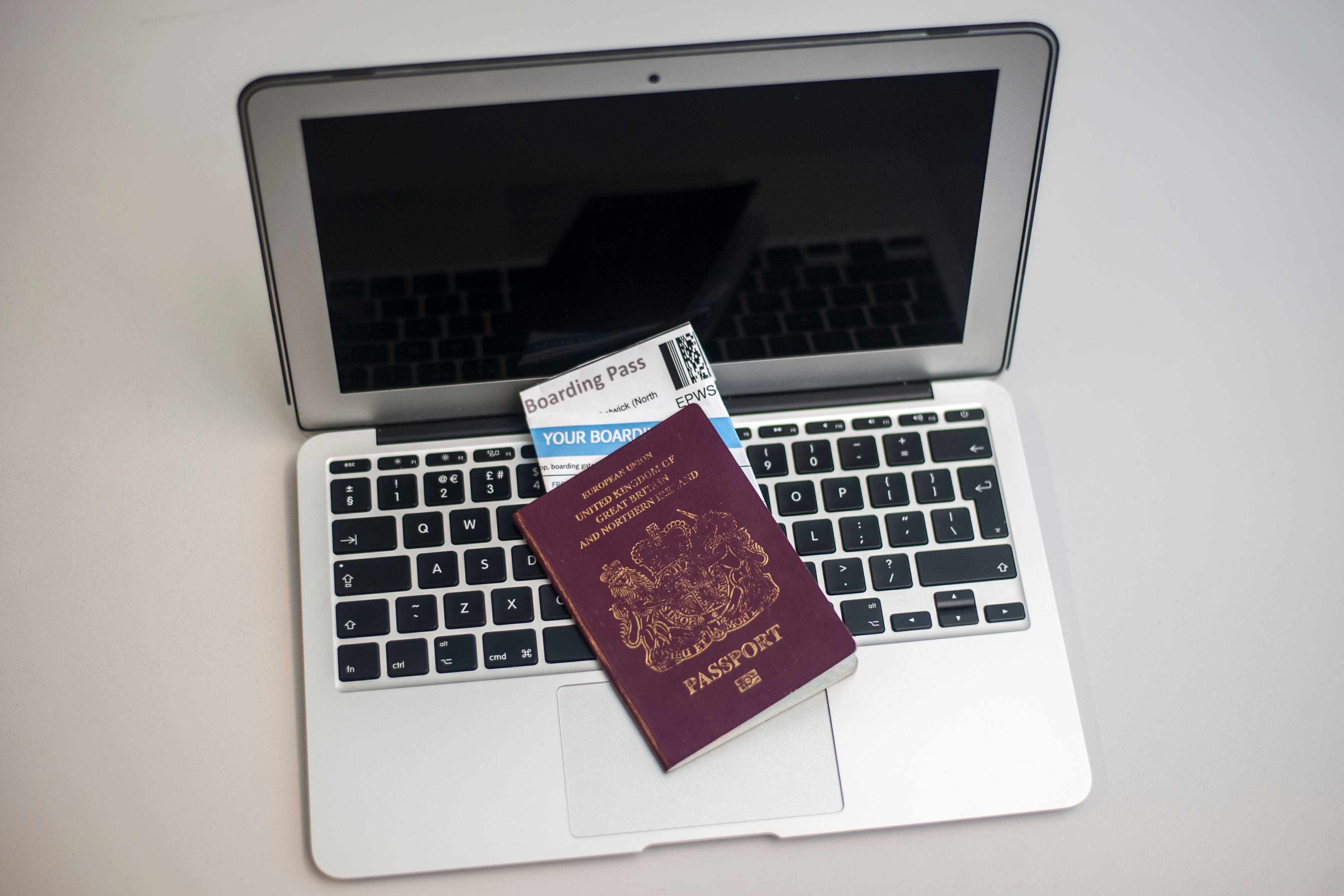Travel scam warning for holidaymakers as fraudsters exploit passport delays
Fraudsters are using increasingly sophisticated and convincing methods to dupe potential travellers

Your support helps us to tell the story
From reproductive rights to climate change to Big Tech, The Independent is on the ground when the story is developing. Whether it's investigating the financials of Elon Musk's pro-Trump PAC or producing our latest documentary, 'The A Word', which shines a light on the American women fighting for reproductive rights, we know how important it is to parse out the facts from the messaging.
At such a critical moment in US history, we need reporters on the ground. Your donation allows us to keep sending journalists to speak to both sides of the story.
The Independent is trusted by Americans across the entire political spectrum. And unlike many other quality news outlets, we choose not to lock Americans out of our reporting and analysis with paywalls. We believe quality journalism should be available to everyone, paid for by those who can afford it.
Your support makes all the difference.Holidaymakers have been warned to look out for fraudsters advertising bogus travel deals and exploiting passport delays.
The Chartered Trading Standards Institute (CTSI) warned that scammers were using increasingly sophisticated and convincing methods to dupe potential travellers into paying for non-existent holidays and services.
These included “entirely fabricated” social media ads featuring attractive pictures of holiday cottages and hotels accompanied by “too good to be true” prices.
By the time holidaymakers realised that the pictures and prices were fake, scammers had taken their money and disappeared, the CTSI warned.
These bogus adverts are designed to steal our money, leaving us disappointed and without a holiday
In many cases scammers told their victims to pay by cash, via bank transfer or through services such as Western Union, which were difficult to trace and non-refundable.
Often victims did not realise they had been scammed until they arrived at the airport to find their flight reservation did not exist, or at a hotel to discover there was no record of their booking.
Scammers were also taking advantage of disruption caused by industrial action by UK Passport Office workers by offering bogus “fast-track” services.
The CTSI said it had seen a number of texts and emails offering speedy passport renewals, warning that victims could lose personal data to fraudsters as well as money.
CTSI lead officer Katherine Hart said: “Lots of people are preparing to go away at the moment and, unfortunately, there are a lot of adverts on social media advertising cottages and hotels at home and abroad with incredible pictures and fantastic prices.
“These bogus adverts are designed to steal our money, leaving us disappointed and without a holiday.
“As with any purchase, do your research, only shop with reputable companies, and make sure you are 100% sure who you are dealing with and what you are getting before you part with any money.”
CTSI chief executive John Herriman added: “As always, scammers are quick to leap on any opportunity to take advantage of uncertainty and upheaval.
“The exploitation of delays brought about by Passport Office strikes are just the latest example of scammers preying on people’s vulnerability.
“People work hard and save all year round for their holidays – scammers know this, but they don’t care. We can all fight back, though, by being alert, by following a few simple guidelines, and spreading the word about the harm these scams can cause.”
The CTSI urges consumers to check the URL and security of any website used to book a holiday, always look at independent reviews other than those on the website itself, contact the owners of the holiday cottage before making a booking and pay using a protected method such as a credit card, debit card or PayPal’s buyer protection service.

